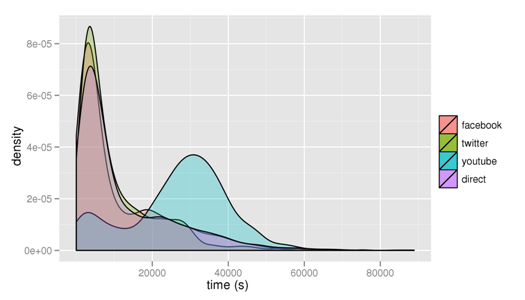We all need our secure base.
It’s a place behind us where we know we can go and rest, be protected and supported. A place we can relax and recover.
The stronger our secure base is, the keener we will be to take risks. Because we know that if we fail, our secure base will be here.

Our very first secure base is our mother. And then over time we develop other secure bases – our significant other, our coach, close friends.
What’s important is to always have one strong secure base. People that don’t have one, or that lose their secure base suddenly, can have extreme reactions if they get stuck in the mourning cycle (more about that in the excellent book “hostage at the table” by George Kohlrieser, a hostage negotiator turned business school professor).
So, you want to move forward, do new things, experiment? Make sure your secure base is strong and that it will welcome you in whatever conditions you’ll end up. Strengthen your secure base as often as you can. The stronger the secure base, the bolder you will be, the more successful you will ultimately become. Invest in strengthening your secure base, it is not time lost.
Have you identified your secure base? Start strengthening it NOW!
Enjoy Christmas, reconnect with your secure base and strengthen it to achieve extraordinary things in 2012!!
Merry Christmas to all Christian friends!





